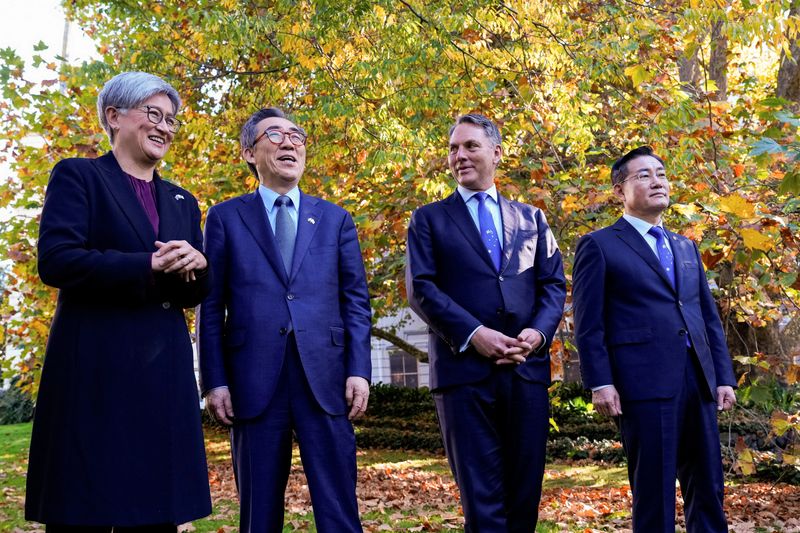Coca-Cola’s sales have remained steady, but its profits are on the rise. The company reported $11.30 billion in revenue for the first quarter, surpassing Wall Street’s expectations of $10.96 billion, despite only a 1% increase in case volume.
To attract more online customers, Coca-Cola introduced Happy Tears Zero Sugar and a special “hype kit” exclusively available on TikTok Shop. Additionally, the company signed a five-year deal with Microsoft to utilize Azure cloud-computing software for marketing and operational efficiency. However, the key factor driving Coca-Cola’s success this quarter was a 13% price increase across its products.
Coca-Cola’s chairman and CEO, James Quincey, expressed optimism about the company’s performance in 2024, citing growth in volume, revenue, and earnings. He credited the company’s success to strategic planning, a strong product portfolio, and effective execution.
While inflation played a role in the price increase, Coca-Cola also made deliberate choices to remain competitive in the market. Quincey reassured that pricing will eventually stabilize as commodity costs level off.
The impact of price hikes
Coca-Cola is following the lead of other companies like WK Kellogg, General Mills, and Molson Coors, who have seen positive results from raising prices. Despite consumer pushback, these companies have reported increased profits despite modest declines in sales volumes.
Consumer advocacy groups have criticized food manufacturers for prioritizing profits over affordability. However, companies like Coca-Cola and PepsiCo continue to implement price increases to boost profitability and international sales.
As inflation persists, companies are likely to maintain their pricing strategies to drive revenue growth. Analysts predict that high costs will remain a key factor in generating profits for companies in the near future.






















